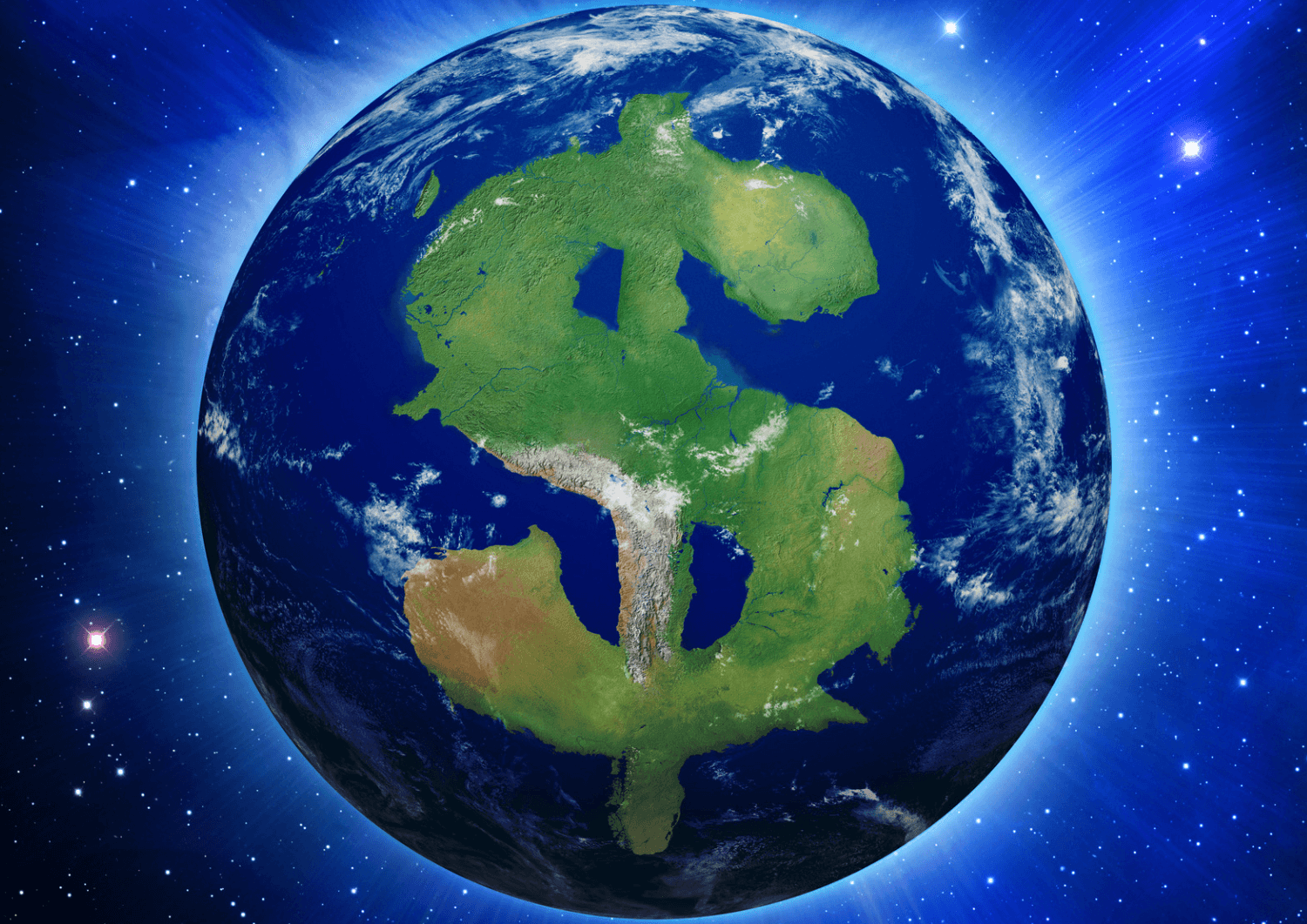Media, Government, Money, and the IPCC: Navigating Perspectives on Climate Change
Introduction
The relationship between media, government, money, and scientific institutions like the Intergovernmental Panel on Climate Change (IPCC) adds another layer of complexity to the discourse on climate change. This essay explores the power of media, media obedience to political beliefs, government incentives, the perception of scientific selection by the IPCC, and the involvement of money in addressing climate change.
Media Power, Political Beliefs, and Money:
Media outlets play a crucial role in shaping public opinion and informing discussions on climate change. However, their influence can be influenced by various factors, including political beliefs and financial considerations. Some media outlets may align their coverage with specific political ideologies, leading to biased reporting that serves the interests of certain groups or stakeholders. Additionally, the influence of money in the media landscape cannot be overlooked, as financial incentives can potentially shape the content and framing of climate change narratives.
Government Incentives, Money, and the IPCC:
Governments face diverse incentives and financial considerations in addressing climate change. While some governments recognize the scientific consensus and view climate change as a pressing issue, others may be driven by economic interests or political considerations. The availability of funding, both domestically and through international agreements, can impact a government’s commitment to following IPCC guidance. Financial resources play a crucial role in implementing climate change mitigation and adaptation measures, as well as supporting research and technology development.
IPCC’s Scientific Selection, Money, and Perception:
The IPCC’s scientific selection process undergoes rigorous review and scrutiny. However, the perception of scientific selection can be influenced by financial considerations. Critiques argue that funding sources and potential biases within the scientific community may influence the emphasis placed on certain studies or perspectives. While the IPCC strives to maintain objectivity and represent a wide range of scientific viewpoints, the perception of financial influence can raise questions about the credibility and independence of its assessments.
Navigating the Complexities:
To navigate the complexities surrounding climate change, media coverage, and government actions, it is essential to approach information critically and consider multiple perspectives. Individuals should be aware of potential biases driven by financial incentives and political beliefs. Fact-checking, seeking diverse sources, and engaging with reputable scientific literature can help in forming an informed understanding of the issues at hand.
Money’s Role in Addressing Climate Change:
Addressing climate change requires substantial financial resources. Funding is essential for implementing mitigation and adaptation strategies, supporting research and development of clean technologies, and facilitating international cooperation. Governments, businesses, and international organizations allocate resources to tackle climate change, but the allocation and management of these funds also need to be transparent and accountable to ensure their effectiveness.
Conclusion:
Media power, media obedience to political beliefs, government incentives, the perception of scientific selection by the IPCC, and the involvement of money contribute to the complexity of addressing climate change. Recognizing the influence of financial considerations, media biases, and government motivations is crucial in navigating the information landscape. Individuals should critically evaluate media coverage, seek diverse sources, and engage in independent research to form a comprehensive understanding of climate change challenges, its solutions, and the role of money in addressing them. By doing so, we can foster informed discussions and actions that promote a sustainable future.
Ecobal stands for ECOlogically BALanced. We assist both consumers and businesses in comprehending their carbon footprint and preserving the natural environment. Learn more about our products here.

